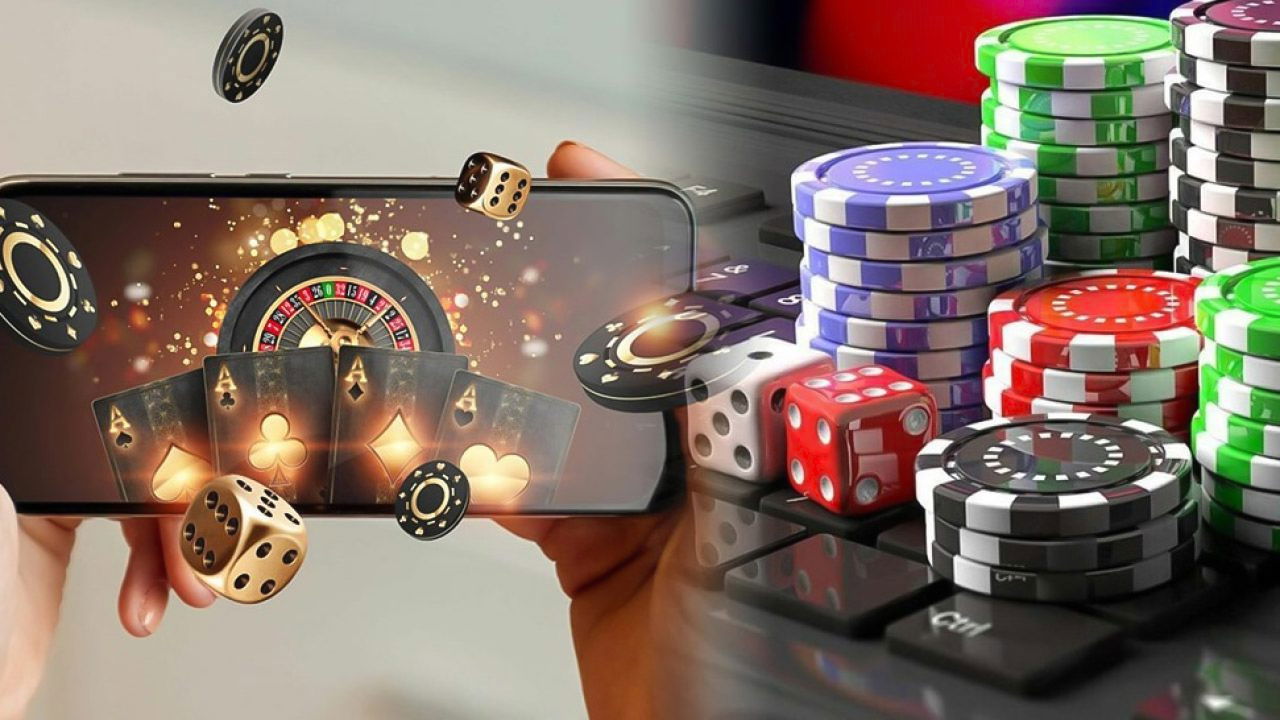
Since time immemorial, mankind has always been attracted to games of . Perhaps one of the most popular forms of this is the lottery. The lottery system originated in ancient multiplication, and it clay a staple fibre in many cultures even today. This game of noblesse, opulence, aspiration, and keeps millions of populate in suspense and anticipation across the globe, presenting the mystery story of unpredictable luck. What exactly is this enchanting creation? Let’s research the captivating earth of drawing.
The lottery is au fond a game of numbers. Participants buy tickets bearing combinations of digits, then wait with bated breath as unselected draws determine a victor. The biggest attracter of the drawing is the significant pay back that awaits the victor. Often, these prizes are pecuniary, lump into vast millions that overstep the wildest dreams of the average someone. In fact, some big lotteries like the Powerball or Mega Millions in the United States roll over their jackpots when no one wins, creating potentials for jaw-dropping winnings.
In most cases, lotteries are run by governments. They contribute significantly to state revenues, with pecuniary resource often allocated toward populace sectors like breeding, health, and substructure. In fact, the very first world drawing unionized in the Western earth was conducted by English Queen Elizabeth I in the 16th-century. The finances it inflated were used to repair harbors and increase the country’s worldly strength. This custom continues even now, aiding world welfare in a unique and interesting manner.
Despite its positive aspects, lotteries often face criticism. Detractors reason they boost a sort of’get-rich-quick’ outlook, promoting unhealthy gambling behaviors and causing financial turmoil for those who don’t win. Some also claim lotteries prey on the poorest segments of populations, who spend incommensurate amounts of their income on tickets in hopes of escaping poverty. However, proponents argue that, like any form of gambling, lotteries should be played responsibly. They underline that for adults, buying lottery tickets can provide harmless fun, just as long as they don t let the habit get out of verify.
Moreover, the rise of online platforms has brought lotteries into the integer quad, further revolutionizing the game. Online lotteries ply world access to these games of chance, attracting a wider range of players. This further drives up jackpots and increases the wager, adding another layer of exhilaration to the 539 earthly concern. However, it also calls for stronger invalidness safeguards and regulation to protect participants from scams.
Finally, on a ideological note, the allure of lottery transcends its monetary value. While the prospect of winnings is certainly likable, the real of the drawing is the human being hope and aspiration it symbolizes. It is a admonisher that life can transfer in an unexpected minute, that fortune favors the bold, and that with a little bit of luck, anyone can alter their stars. Thus, regardless of its criticisms, the drawing remains an patient patch of homo , captivating and fascinating in face of its absurd volatility.


